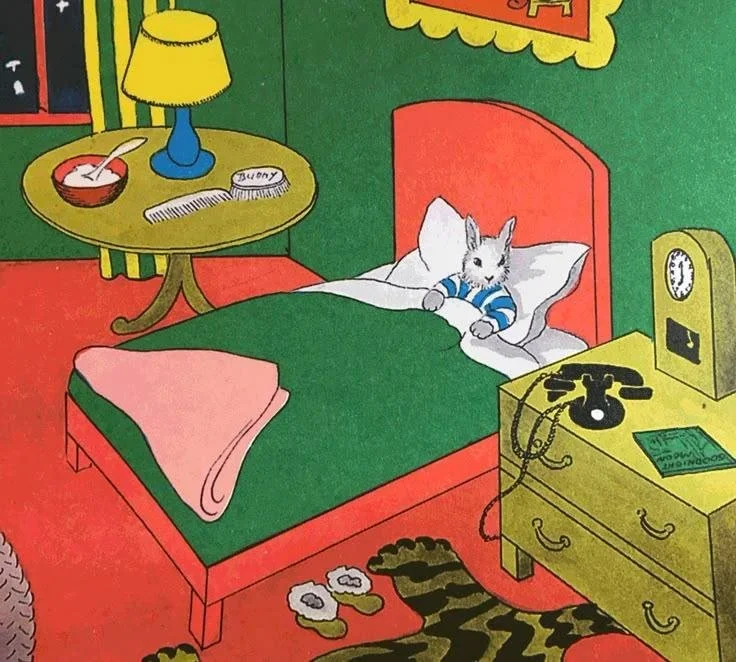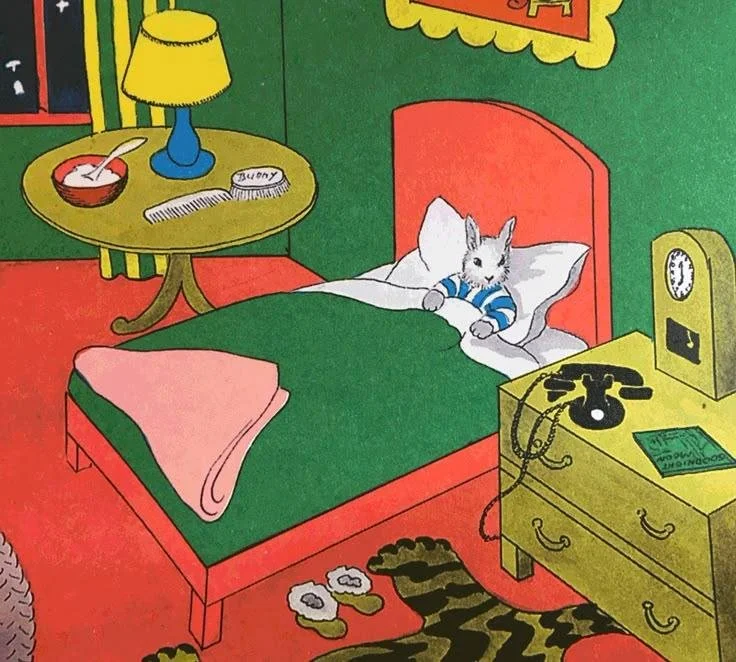quick note: this blog post is not written by AI. The writing below features ideas and wisdom of artists, personal journalling and newsletter writing, curated to what a therapist feels the world is needing these days.
from our newsletter, written by Linda Lin, RCC, CCC, RCAT
What does it take to feel our enough-ness these days?
Lately in therapy sessions, in conversations with friends and family, and while recording the self-directed workshop series in collab with @friendlybureau on healing money (made for children of immigrants and working-class folks), I keep sensing a common thread. That we’re all experiencing a quiet, complex grief, each in our own way.
And one symptom that festers is the feeling of being stuck on a hamster wheel of proving.
There’s this unrelenting pressure to stay urgent, distracted, productive. Proving to others, yes—but if I’m unbearably honest, we’re trying to prove to ourselves that we’re enough.
My nervous system is so often on edge, caught in a cycle of not being there for myself enough—not resting enough, not reaching out enough, not building the right kind of structure. Always chasing a version of 'enough' that was never mine to begin with. These 'enoughs' don’t align with the values I want to bring into the world, or with what truly matters to me.
But when I slow down even just a bit, I become increasingly curious:
Do we know what our enough is?
Has it been named, clarified, or felt?
If we don’t know what enough is—how can we feel the enough?
When is enough... enough?
What even is ‘enough’?
Is the ‘enough’ we’re chasing actually important to us?
The attention economy: colonization of the mind
It’s becoming harder to tell the difference between what we actually need and what the internet insists we should do.
Like taping my mouth shut so I don’t mouth breathe at night. Or doing facial yoga because I’ve been told my smile lines are deepening.
Each effort, well-intentioned, chips away at my energy: time feels tighter to the point where I want to hide in a dark cave, just to escape from all the noise.
Because there’s no actual importance, softness, appreciation of my life energy.
And that’s not even the life I want.
What if we could see that our body is trying its best—working so hard to meet the demands of the culture we live in?
Gentle reminders for you and me
When we disconnect from our dreams, from presence—that’s a signal that we’re drifting from our body, our vitality, our aliveness.
Starting is enough.
Connecting our mind and body to witness how we react to the instability, unsustainable practices from these uncertain times, is enough. Like paying attention to our breath, we don’t have to change anything.
I believe that our bodies know deep down what doesn't matter to us and what actually matters.
What matters could be being witnessed, cared for, getting recognition or loved by those we hold close.
Maybe what matters is being of service because that is what heals us too.
Living with meaning, with pleasure, or with living dreams!
What if our collective aliveness is already in you—beneath the noise, quietly patiently waiting for you?
When we confront the truth that we’re not here forever, something softens.
What if you are not existing and came all the way here to be excellent, but simply to connect?
To try.
To show up just as you are.
To bring something that matters to your soul.
To reach for life.
And as you find your way through all the noise...
you discover that you’re still enough.
And that enoughness doesn’t define you either.











